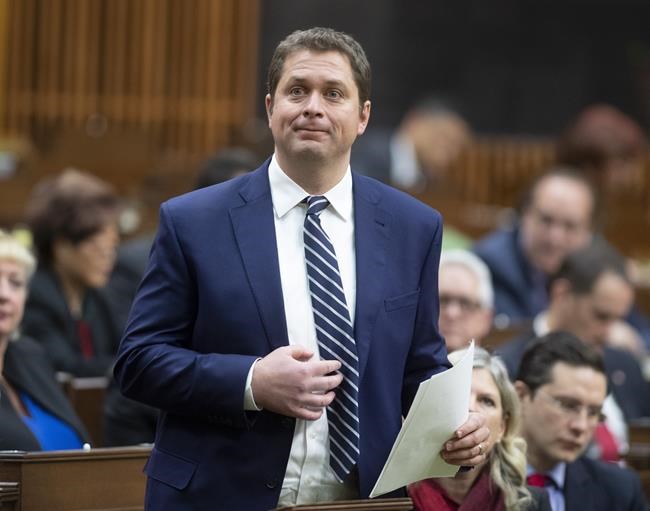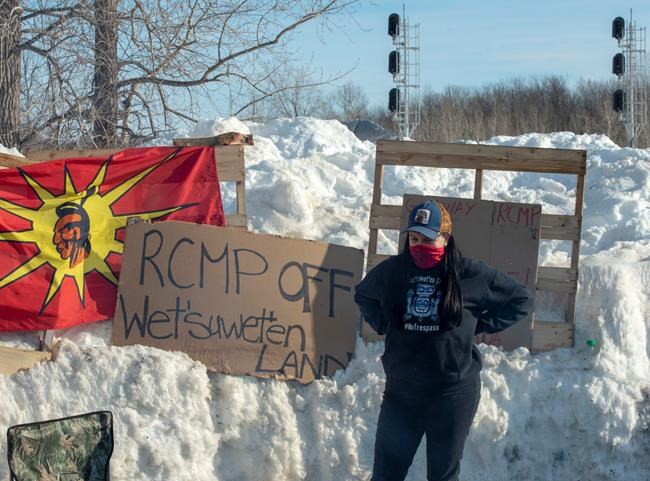In protest of politicians who dabble in policing
Advertisement
Read this article for free:
or
Already have an account? Log in here »
To continue reading, please subscribe:
Monthly Digital Subscription
$0 for the first 4 weeks*
- Enjoy unlimited reading on winnipegfreepress.com
- Read the E-Edition, our digital replica newspaper
- Access News Break, our award-winning app
- Play interactive puzzles
*No charge for 4 weeks then price increases to the regular rate of $19.00 plus GST every four weeks. Offer available to new and qualified returning subscribers only. Cancel any time.
Monthly Digital Subscription
$4.75/week*
- Enjoy unlimited reading on winnipegfreepress.com
- Read the E-Edition, our digital replica newspaper
- Access News Break, our award-winning app
- Play interactive puzzles
*Billed as $19 plus GST every four weeks. Cancel any time.
To continue reading, please subscribe:
Add Free Press access to your Brandon Sun subscription for only an additional
$1 for the first 4 weeks*
*Your next subscription payment will increase by $1.00 and you will be charged $16.99 plus GST for four weeks. After four weeks, your payment will increase to $23.99 plus GST every four weeks.
Read unlimited articles for free today:
or
Already have an account? Log in here »
Hey there, time traveller!
This article was published 14/02/2020 (2127 days ago), so information in it may no longer be current.
Federal Conservative Leader Andrew Scheer says if he were prime minister, he would tell police how to do their jobs when it comes to cracking down on pipeline protesters.
It’s a good thing Scheer — who announced in December he will step down following the election of a new party leader — will never hold the job.
On Friday, the Opposition leader called on Prime Minister Justin Trudeau to order the RCMP to enforce court injunctions by removing protesters who are blocking rail lines across Canada.

“As prime minister, I would direct the RCMP to enforce the law to ensure that our railway system can operate,” Scheer said. The Saskatchewan MP said it would be a dangerous precedent to allow protesters to continue to shut down railways while government stands idly by.
Actually, what would be a dangerous precedent is for politicians to start micro-managing police, by ordering them who to arrest.
Police make operational decisions independent of government. There are good reasons for that.
Just as there is a separation between the prosecutorial branch of government and politicians, so, too, is there a firewall between the legislative and executive branches of government and police. That’s what separates countries like Canada from banana republics.
The last thing society needs is for prime ministers, premiers or cabinet ministers trying to score political points by instructing police how to do their jobs.
Law enforcement decisions around protests, including how and when to enforce court injunctions, are complicated. Police are damned if they do, and damned if they don’t.
While the overarching goal is to protect the physical safety of the public (including the protesters themselves), there are times when force must be used. Finding the appropriate balance is the challenge; it’s not helpful when politicians such as Scheer try to interfere in the process.
Police have improved strategies over the years on how to respond to protests. They are, for the most part, more conciliatory. Police recognize public protests, even illegal ones, are going to happen, and they give participants far more latitude than they used to. They’re more apt to wait out a protest than to rush in — court-order-in-hand — and start issuing arrests.
Decisions are made based on individual circumstances. Police make mistakes just like everyone else, but the goals are usually the same when it comes to policing protests: limit injury and avoid death. Law enforcement has learned from tragedies such as the 1995 Ipperwash Crisis in Ontario, which claimed the life of Ojibwa protestor Dudley George.
Protests can be messy. They sometimes turn violent, depending on how law enforcement responds. If police are allowed to do their jobs without political interference, they can sometimes diffuse matters and avoid escalating violence.
That’s not to say court injunctions (and the enforcement of them) aren’t necessary. Of course, they are.

How and when court orders are enforced, however, should be up to law enforcement, not politicians.
In the case of the mass rail shutdowns and other protests across Canada over the Coastal GasLink pipeline construction in British Columbia, the best thing politicians can do is sit down with those affected — including Wet’suwet’en hereditary chiefs who oppose the pipeline — and attempt to find solutions.
To their credit, that’s what the federal and B.C. governments are trying to do.
Complicating the matter, the ongoing protests are about more than just a gas pipeline: they’re about Indigenous rights, clashes between Indian Act-elected councils and hereditary chiefs, unceded land due to an absence of treaties in B.C., and a general push-back from 150 years of oppressive and abusive laws and policies towards Indigenous people.
Whatever the case, Canada doesn’t need elected officials politically interfering in policing.
Governments have the right to seek court injunctions, but law enforcement should be allowed to do its job, including using whatever discretion is necessary to carry out its duties.
tom.brodbeck@freepress.mb.ca

Tom has been covering Manitoba politics since the early 1990s and joined the Winnipeg Free Press news team in 2019.
Our newsroom depends on a growing audience of readers to power our journalism. If you are not a paid reader, please consider becoming a subscriber.
Our newsroom depends on its audience of readers to power our journalism. Thank you for your support.



